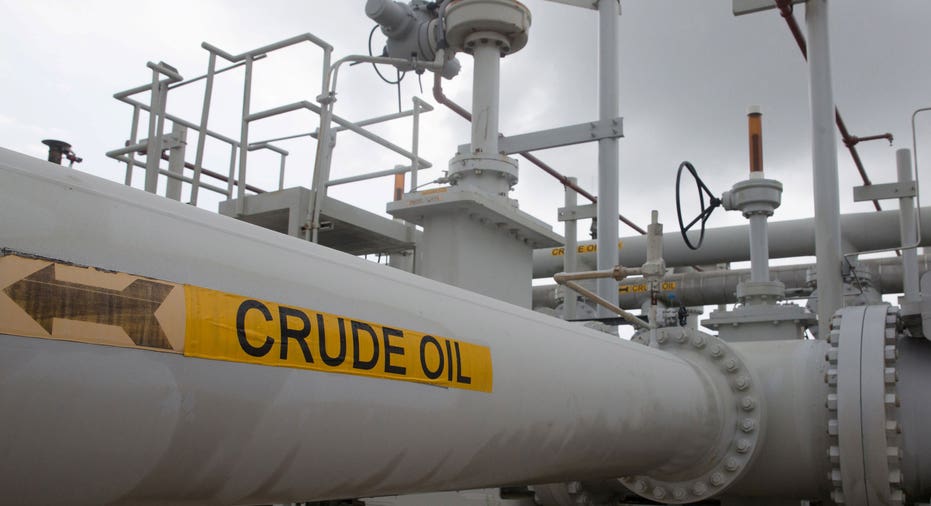Oil Prices Rise as Market May Not Be Oversupplied

Oil prices rose on Tuesday, helped by a weaker dollar and the notion that global markets oversupply may be moderating, ahead of a November meeting of OPEC producers that could decide to cut production.
A proposal by the Organization of the Petroleum Exporting Countries to cut or cap output helped lift crude prices above $50, but not much more because market participants doubt the cartel's ability to strike and implement a concrete deal.
But several analysts have now said a two-year global supply glut could be receding if the latest oil inventories are taken into account. They say that stocks are not as high as usual ahead of the winter fuels season.
Brent crude rose 38 cents, or 0.8 percent, to $51.90 a barrel by 1100 GMT. U.S. West Texas Intermediate (WTI) crude was up 45 cents, at $50.39.
Traders said a drop in the dollar away from seven-month highs the previous day supported crude. A lower dollar makes fuel purchases cheaper for countries using other currencies domestically.
Analysts at Bernstein Energy also pointed to a slower build in global oil inventories.
"Global oil inventories (industry and government) increased by 17 million barrels to 5.618 billion barrels in 3Q16. This is the smallest build since 4Q14, confirming that inventory builds are slowing as the market comes back into balance," it said.
Citi Bank pointed to an overall drop in inventories in the United States, Japan, Singapore and Europe of 35.9 million barrels. Analysts at Wood Mackenzie have forecast a balanced market by the end of the year.
BULLISH BETS
Traders are taking note, with money managers raising their bullish bets on U.S. crude prices to the highest level since the slump started in 2014.
JBC Energy said October tanker fixtures from the Gulf reached a five-year high, which could be due to physical traders buying additional storage before November to offset further price rises should OPEC take effective action.
OPEC meets on Nov. 30 to discuss a cut of about 1 million barrels per day (bpd) from its record 33.6 million bpd September output.
Contributing to the record output has been Iran's rising export levels after Western sanctions were lifted earlier this year. Iran's October crude exports are set to hold near five-year highs at about 2.56 million bpd, a source with knowledge of its preliminary tanker schedule said.
While there has been focus on the supply side of the global market, concerns remain about demand, particularly in Asia, a pillar of demand growth in recent years.
In China, the trade environment will remain weak for the remainder of 2016, the commerce ministry said on Tuesday and in India, fuel demand fell in September.
(Additional reporting by Henning Gloystein in Singapore; Editing by David Goodman and William Hardy)



















